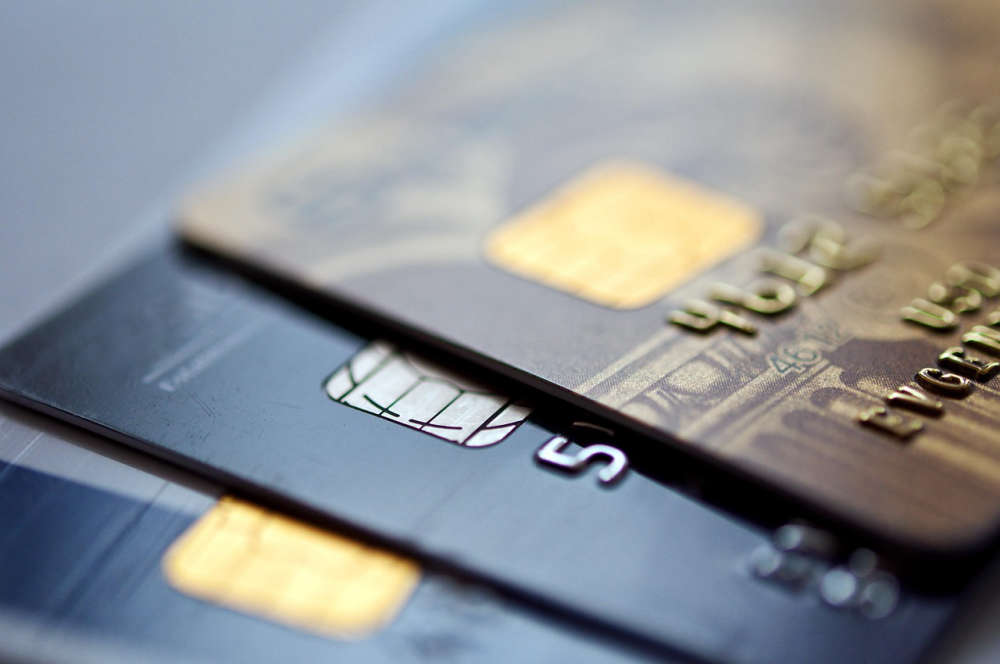
Woodstock residents have lost between $5,000 and more than $40,000.
WOODSTOCK - There has been an alarming rise in bank card pickup scams in Woodstock.
Police have said in recent days, multiple residents including seniors, have lost tens of thousands of dollars. In the Friendly City, victims have reported losses between $5,000 to over $40,000.
Officers say suspects are telling a potential victim that their card has been compromised, and they should cut it up, but leave the chip/tap area intact. After that, they instruct them to leave it in an envelope and hand it to a courier or leave it for pickup. Once the card is picked up, the suspect is then able to drain the account or rack up charges.
If you think you have been a victim of fraud, you should call the Woodstock Police Service at 519-537-2323 and report it to the Canadian Anti-Fraud Centre at 1-888-495-8501.
Below is everything people need to know about the bank card pickup scam:
How the scam works:
- Victims receive a phone call from someone claiming to be from their bank (RBC, CIBC, Scotiabank, etc.).
- The caller ID often shows the real bank’s number.
- Victims are told their card has been compromised. The scammer instructs them to cut up their cards but leave the chip/tap area intact, place them in an envelope, and hand them to a courier or leave them for pickup.
- Once fraudsters have the card and chip, they drain accounts or run up charges.
Recent incidents in Woodstock:
- Victims have reported losses ranging from $5,000 to over $40,000.
- Suspects have posed as couriers and attended victims’ homes or apartment lobbies to collect envelopes of cards.
- Scammers used names, reference numbers, and even fake “IT issues” to sound legitimate.
Remember:
- Banks will never send a courier to collect your cards.
- Banks will never ask you to cut up a card but leave the chip intact.
- Banks will never ask for your PIN, passwords, or one-time codes by phone.
What to do if you get a call like this:
- Hang up immediately.
- Call your bank using the official number on the back of your card (not the number provided by the caller).
- If you’ve already handed over cards or information, contact your bank right away and then report the incident to police.



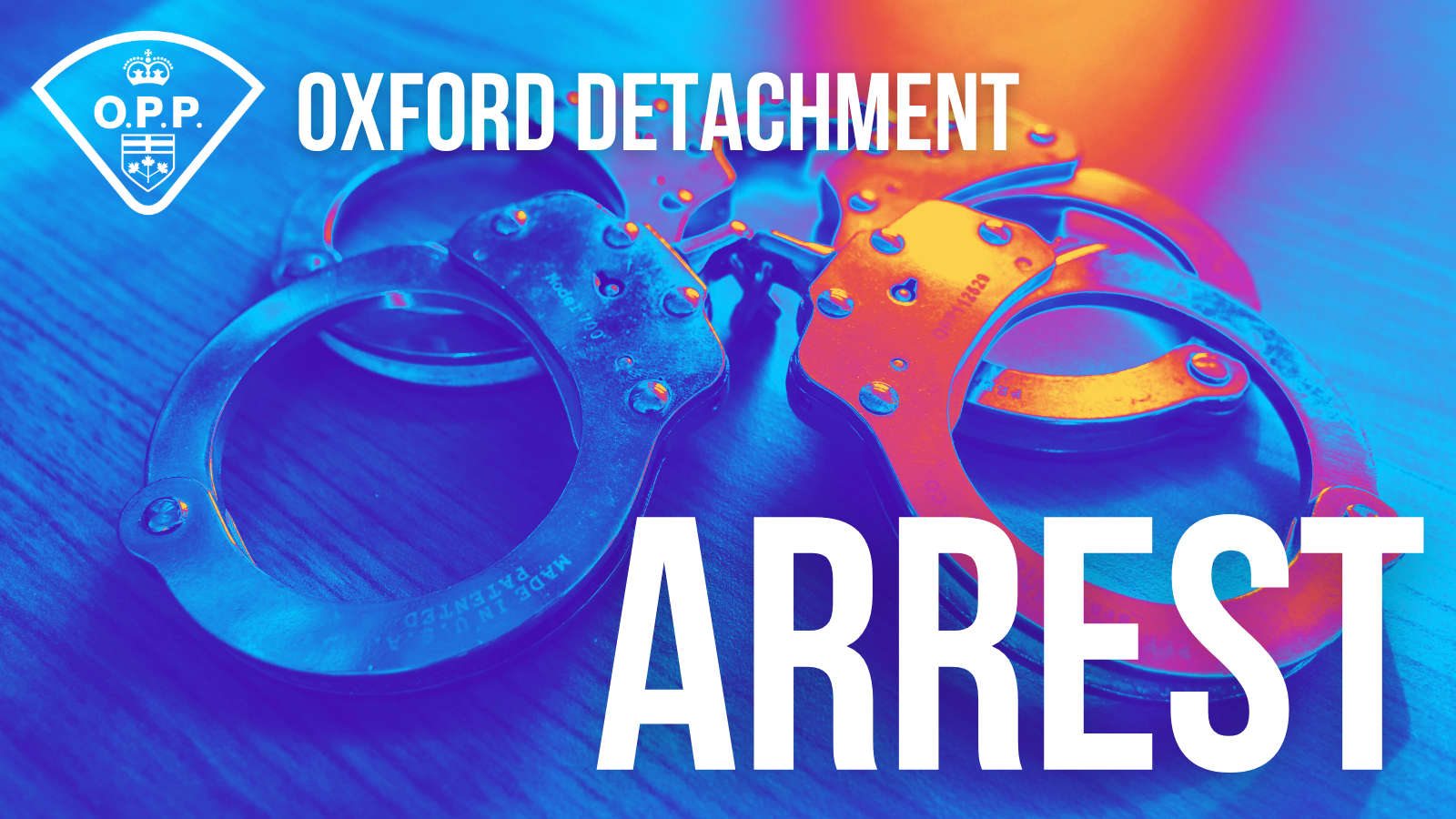 Multiple Charges Laid after Thefts in Tillsonburg
Multiple Charges Laid after Thefts in Tillsonburg
 CASS Offering Unique Program to Students
CASS Offering Unique Program to Students
 PJHL Preview - Jan. 30th to Feb. 1st
PJHL Preview - Jan. 30th to Feb. 1st
 Woodstock Bowler Heading to Special Olympics
Woodstock Bowler Heading to Special Olympics
 Dog Bite Investigation in Tillsonburg
Dog Bite Investigation in Tillsonburg
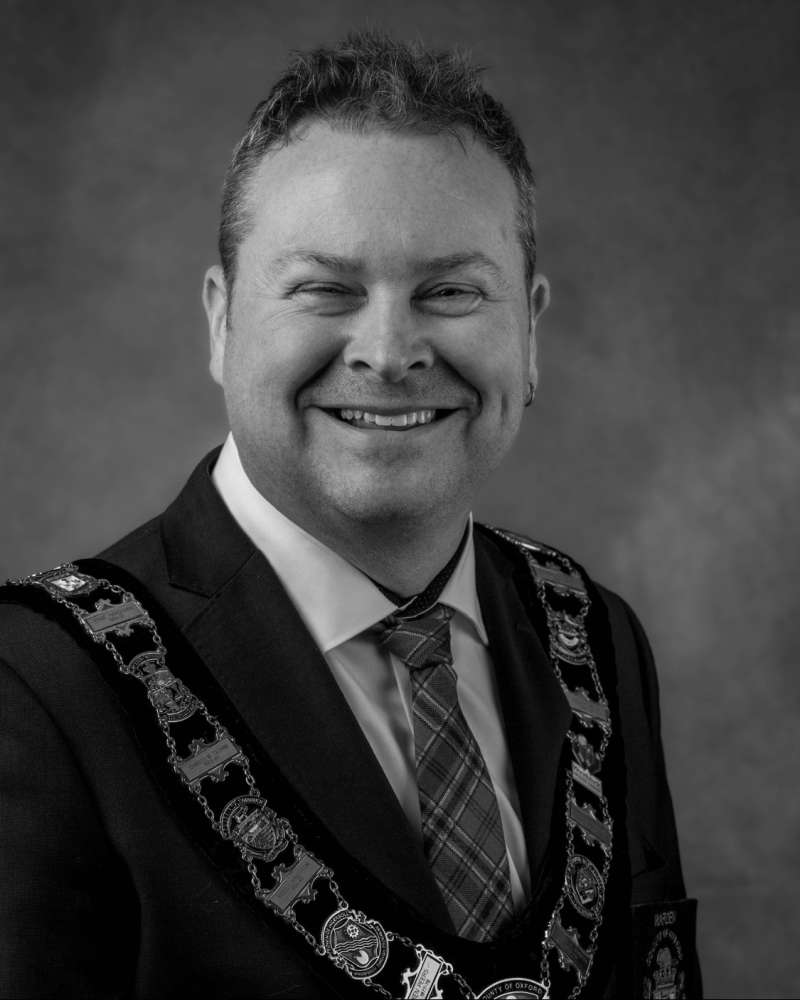 Interview with the Warden - January 29th, 2026
Interview with the Warden - January 29th, 2026
 Trevor Birtch Trial Daily Recap - Case 2
Trevor Birtch Trial Daily Recap - Case 2
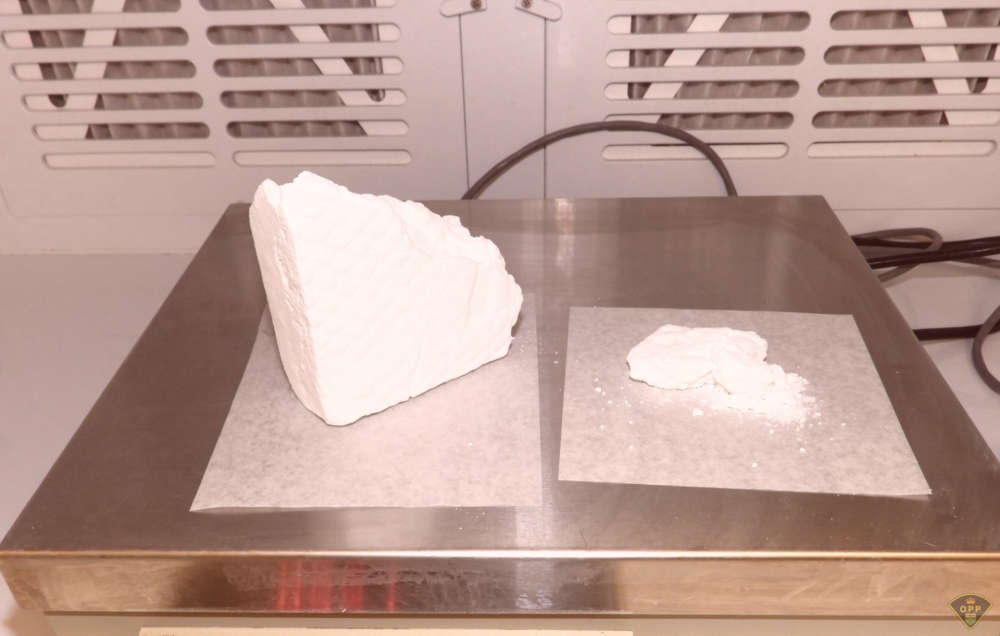 11 People Charged in Massive Drug Bust
11 People Charged in Massive Drug Bust
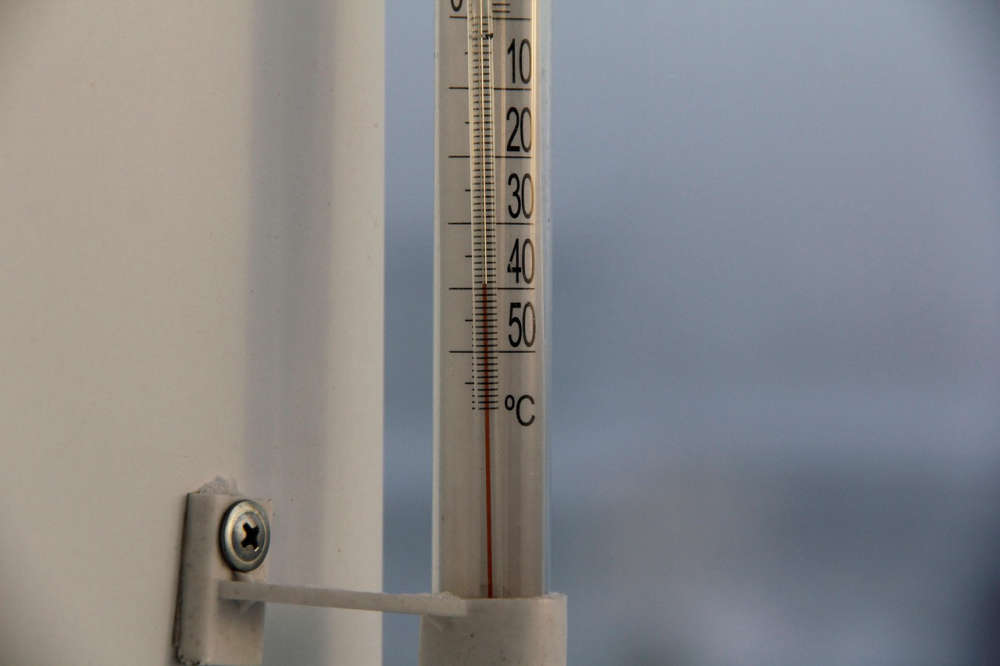 Another Cold Warning for Oxford County
Another Cold Warning for Oxford County
 Chilly Charlie Returns on Monday
Chilly Charlie Returns on Monday
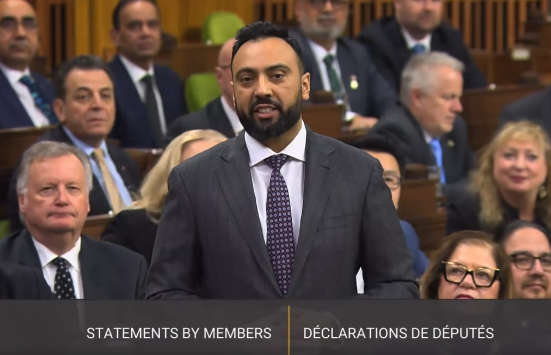 Khanna Shines a Light on Oxford County Superstars
Khanna Shines a Light on Oxford County Superstars
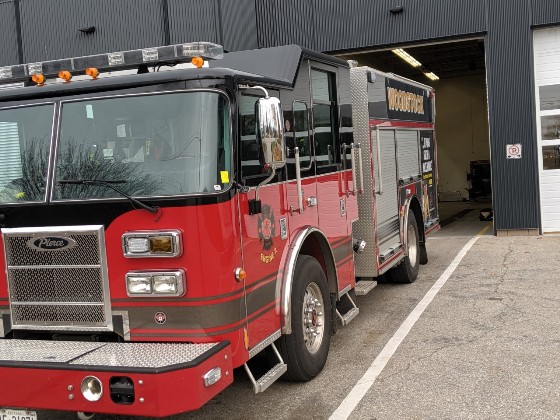 WFD Responds to Structure Fire
WFD Responds to Structure Fire
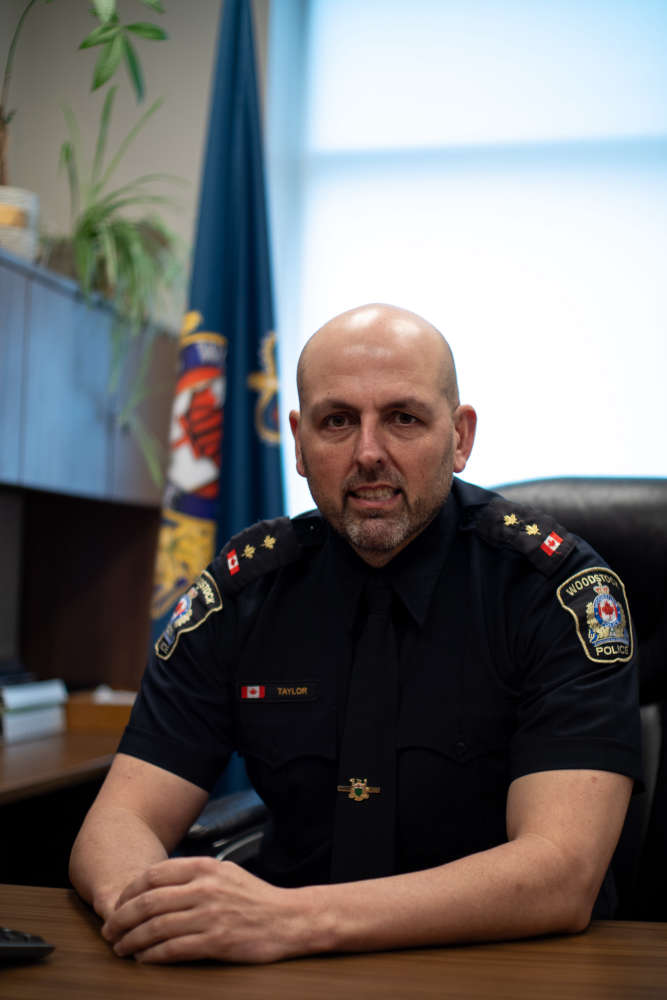 WPS Appoints New Deputy Chief
WPS Appoints New Deputy Chief
 TMMC Woodstock Begins Production of Sixth Gen RAV4
TMMC Woodstock Begins Production of Sixth Gen RAV4
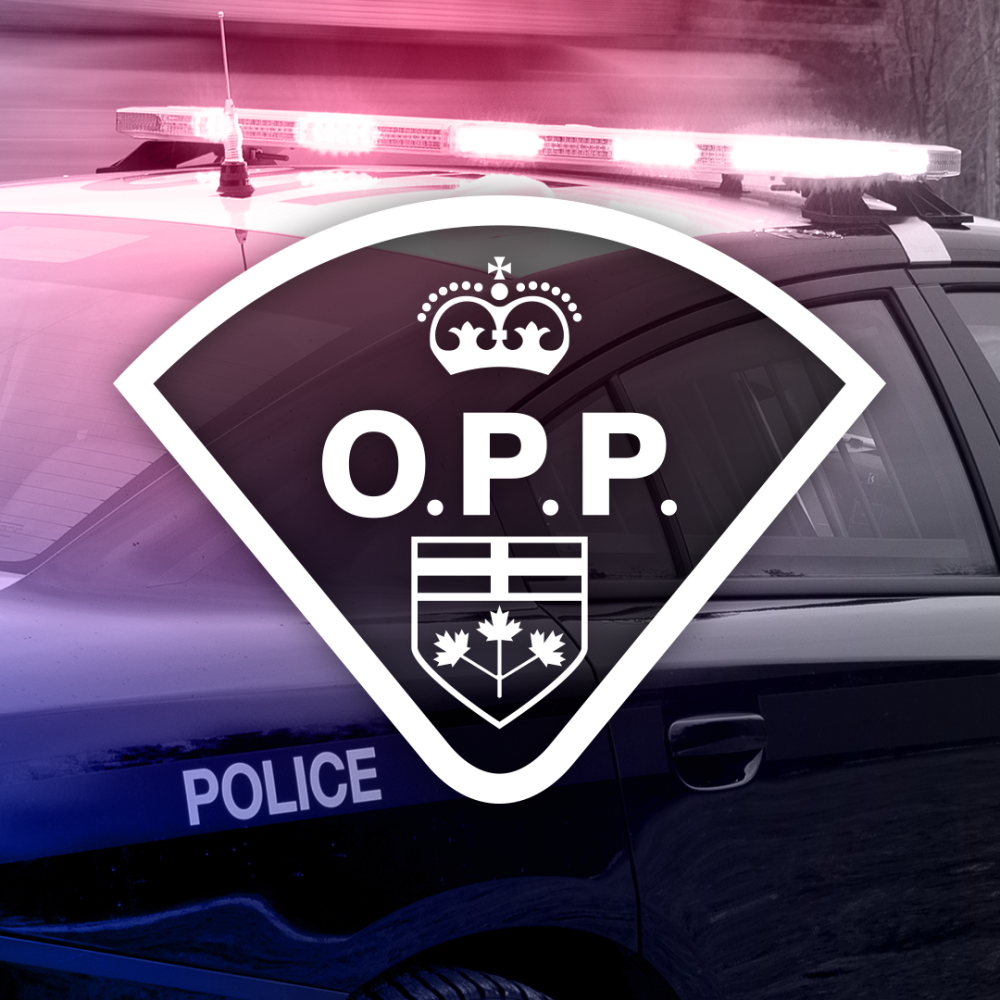 Oxford OPP Briefs - January 28th, 2026
Oxford OPP Briefs - January 28th, 2026
 More Weather Alerts for Oxford County
More Weather Alerts for Oxford County
 Thrive Oxford Honoured at ROMA
Thrive Oxford Honoured at ROMA
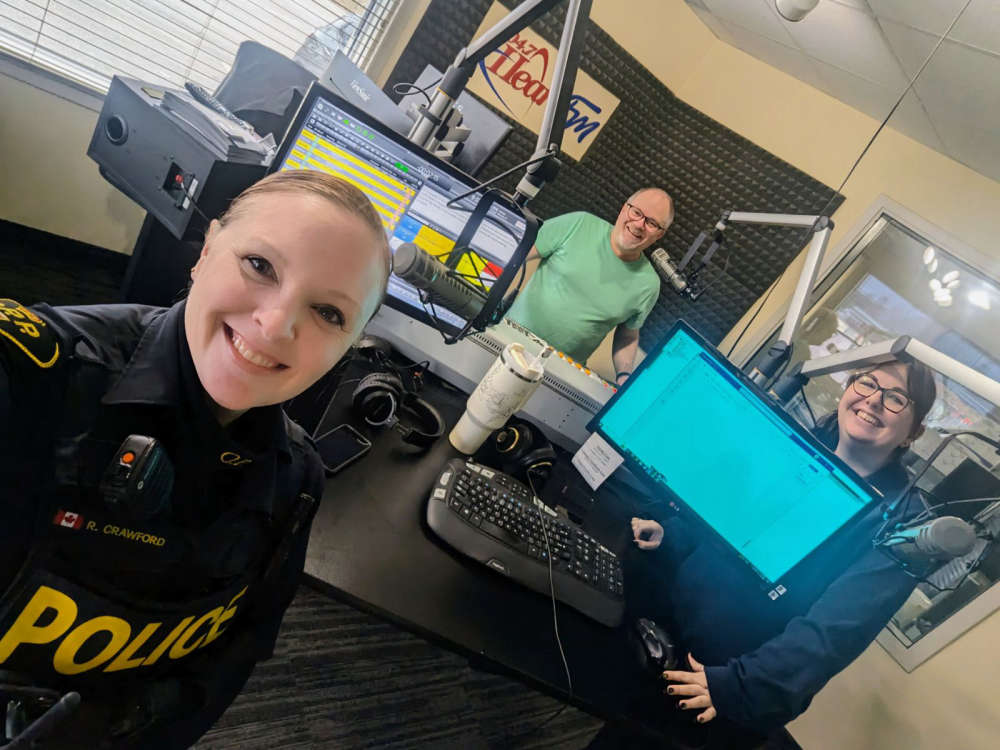 Tip Tuesday with the Oxford OPP - January 2026
Tip Tuesday with the Oxford OPP - January 2026
 Members Needed for Tillsonburg Housing Advisory Committee
Members Needed for Tillsonburg Housing Advisory Committee
 UPDATE: Ottawa Approves Plan to Move Marineland's Whales and Dolphins
UPDATE: Ottawa Approves Plan to Move Marineland's Whales and Dolphins



Comments
Add a comment